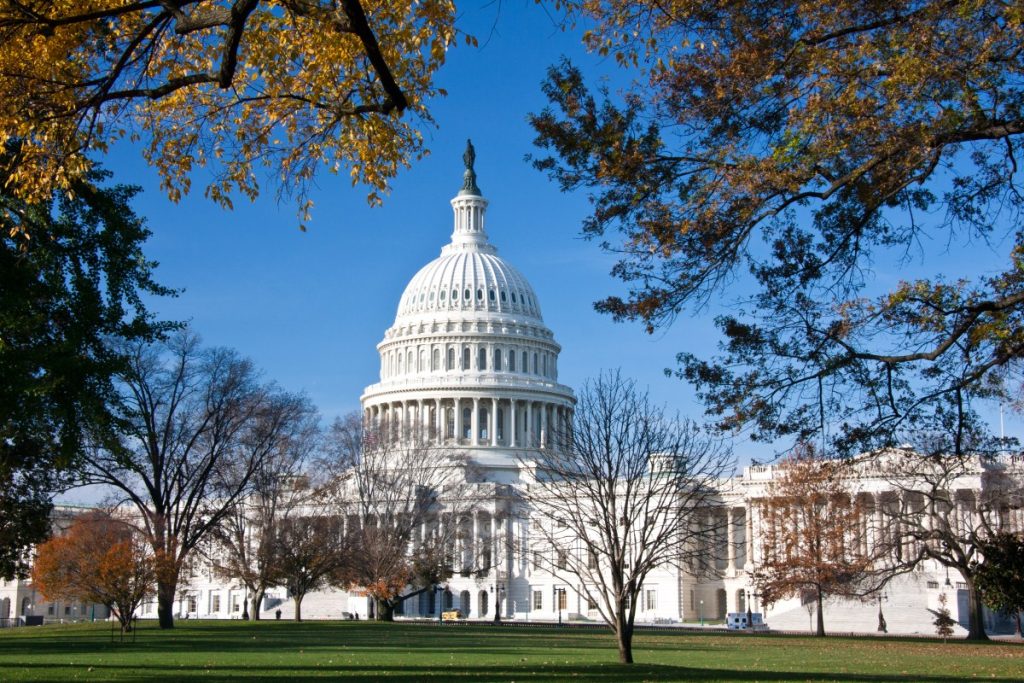
Image Credit: Techcrunch
The United States is moving in three directions at once. Inflation cools, workers win strikes, technology leaps forward—and yet, Washington still stumbles on budget fights and political paralysis. It’s a tug-of-war between economic momentum, technological breakthroughs, and government gridlock.
Recent headlines capture the paradox:
- Inflation slowed to 3.1%, with markets expecting a Fed rate cut.
- UAW reached a deal with Ford, winning ~20% wage increases after a month-long strike.
- Apple unveiled a new AI-powered iPhone, emphasizing privacy and on-device intelligence.
- Microsoft claimed a quantum computing breakthrough with practical error-corrected qubits.
- Congress wrestled over budget bills, raising fears of another government shutdown.
On Wall Street, optimism grows. In Washington, dysfunction drags. In Silicon Valley, the future is being coded. Together, they paint a picture of a nation that is resilient but restless.
Inflation and Jobs: A Narrow Balance
At 3.1%, U.S. inflation is higher than pre-pandemic norms but low enough for the Fed to consider cuts. Wage gains from strikes add spending power, but also raise fears of “sticky inflation.” For global businesses, this balance matters: America remains the world’s consumer engine, but its appetite is shifting toward value and resilience.
Innovation: From Chips to Quantum
The U.S. is doubling down on tech as its competitive edge. A $2bn semiconductor R&D push and breakthroughs in AI and quantum computing underline its strategy: secure supply chains, outpace rivals, and own the next frontier of computing.
For exporters, this means opportunities in tech-aligned sectors—from hardware inputs to services that plug into America’s innovation ecosystem.
Gridlock: The Political Drag
Yet for all its dynamism, the U.S. keeps tripping on politics. Budget fights, immigration reforms, and looming shutdowns undermine predictability. For partners abroad, the message is clear: don’t confuse America’s innovation capacity with its political reliability.
Why This Matters for Businesses
For African and Nigerian businesses:
- Inflation + wage gains → U.S. consumers will still spend, but hunt value.
- Innovation boom → Demand for digital services, green tech, and talent collaborations will rise.
- Political noise → Expect sudden policy shifts that disrupt trade or visas.
The Bigger Picture
America’s tug-of-war isn’t a weakness—it’s a sign of how democracies adapt. Innovation thrives even when politics stumbles. But the contradictions mean businesses must be strategic: lean into U.S. opportunities, while hedging against its uncertainties.
The Bottom Line
The U.S. remains both the most innovative economy and the most politically unpredictable. For African entrepreneurs, the lesson is simple: seize opportunities in America’s tech and consumer markets, but never bet your survival on Washington’s promises.
At Ulysses Blueprints, we help businesses map this tug-of-war into strategy—identifying where U.S. innovation creates openings, and where political risks demand caution. Because clarity, not confidence, is what keeps you ahead.
Your business doesn’t need more noise, it needs direction. Grab the creator Blueprint (3-part series, value $1000) for free and start seeing the code behind the growth.
